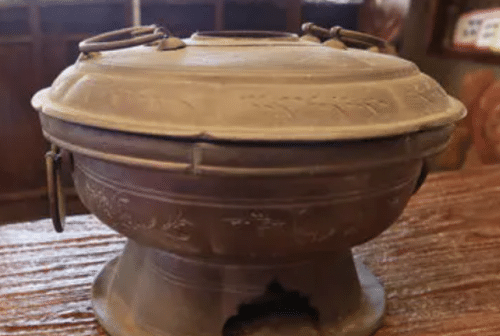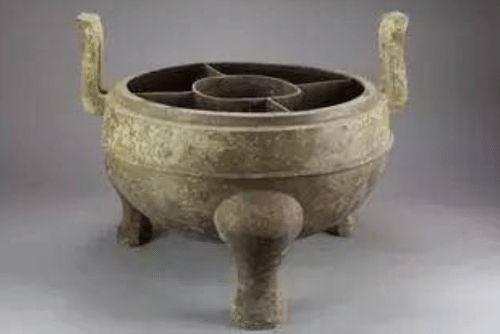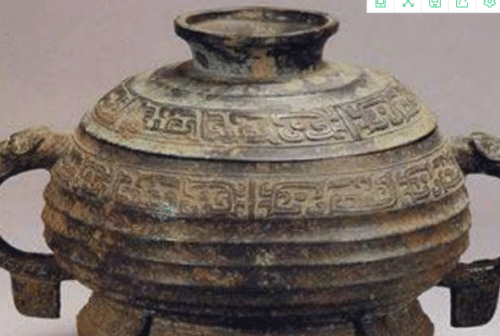Nowadays, most people choose to eat hot pot when they gather with relatives and friends. The food is rich and delicious, and it is suitable for all ages. Almost everyone likes to eat it. So did hot pot also exist in ancient times? In ancient times So what? Let’s find out together!
Is there hot pot in ancient times?

For today’s people, not many people can resist the charm of hot pot. Usually, when people can’t think of what to eat, they will eat hot pot. After a while, they will feel that it’s not good enough. So was there hot pot in ancient times? The answer is: have. There was hot pot in ancient times, but it was not called hot pot in ancient times. It was generally called “antique soup”. It was named antique soup because it would make a “gudong” sound when food was put into the boiling soup.
Hot pot is one of the traditional delicacies of our country, but the records about hot pot in the past are not very clear, so there are two theories about the origin of hot pot. One theory holds that hot pot originated in the Han Dynasty, and there are real hot pots in the cultural relics unearthed from the tomb of Haihunhou in the Western Han Dynasty, so it can be seen that hot pot has a history of at least two thousand years.

There are many types of hot pot, which can be eaten in spring, summer, autumn and winter. There are all kinds of tastes, covering almost all tastes. Generally, hot pot uses a pot as a utensil, and a fire is set under it. After the soup is boiled, it can be boiled or rinsed to eat , the production method is relatively simple, that is, eat while cooking, the food is still steaming when eating, and there are also special soup bases and seasoning dishes in various places.

Even in ancient times, even the emperor liked to eat hot pot, but the emperor’s hot pot should be much more refined than ours. It was not until the Qing Dynasty that hot pot became popular among the people. The term “hot pot” was clearly mentioned in “Suiyuan Food List”. At that time, the title “hot pot” was used in other historical documents.